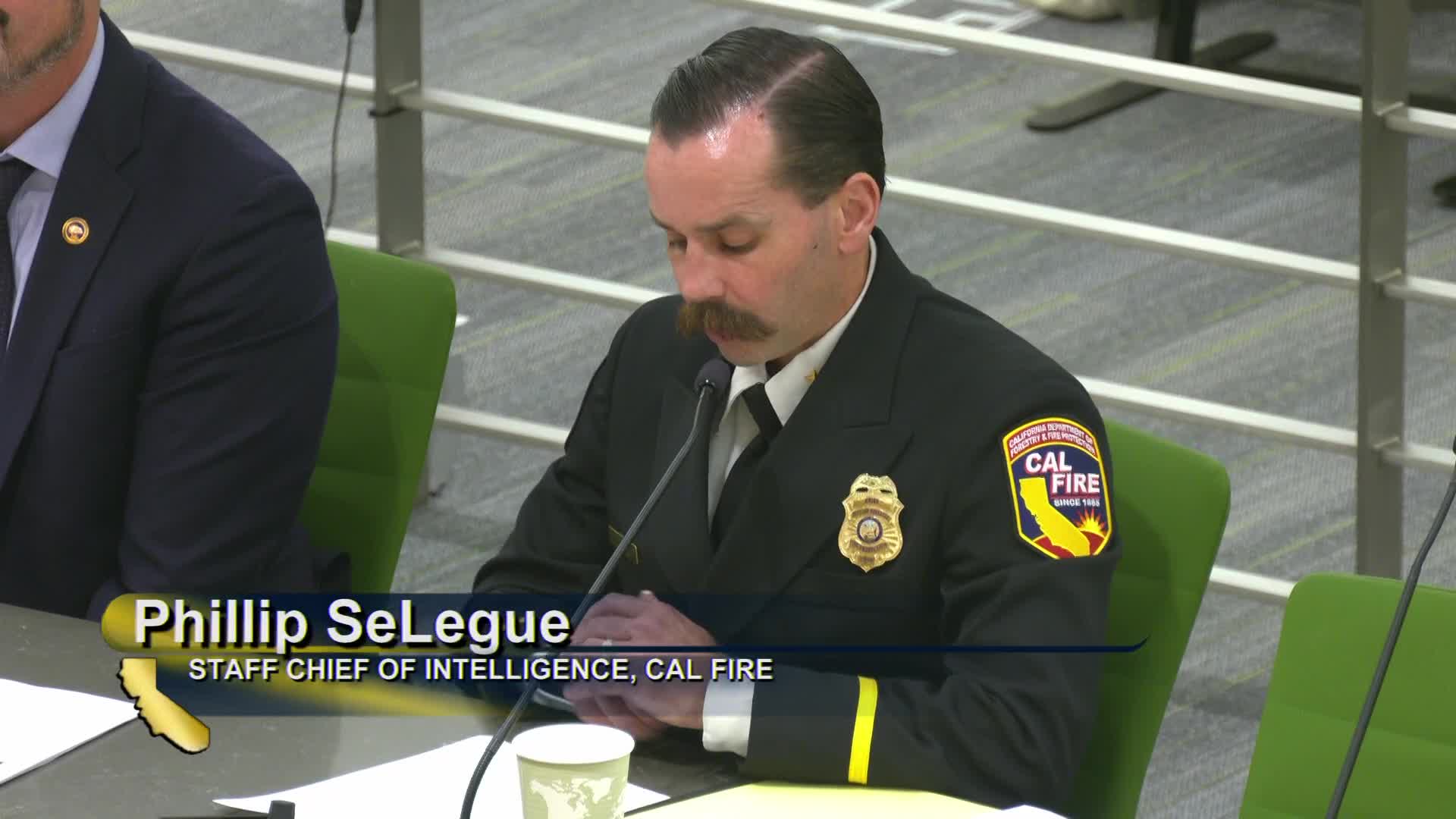AI Revolutionizes Emergency Response for Vulnerable Communities
August 29, 2024 | Governmental Organization, Standing Committees, California State Senate, Senate, Legislative, California
This article was created by AI summarizing key points discussed. AI makes mistakes, so for full details and context, please refer to the video of the full meeting. Please report any errors so we can fix them. Report an error »

In a recent government meeting, California officials discussed the promising role of artificial intelligence (AI) in enhancing the state's emergency response capabilities. Assemblymember Hart highlighted the encouraging trends presented by various experts, emphasizing AI's potential to streamline processes and improve public engagement during emergencies.
Miss Hubbard pointed out that AI could significantly aid vulnerable communities by simplifying complex processes, such as navigating FEMA applications. She stressed the importance of developing tools that are accessible and culturally appropriate, ensuring that AI-driven communications effectively reach those who may face language barriers or other challenges.
The discussion also touched on the need for transparency and accountability in AI-driven decisions, particularly concerning vulnerable populations. Hubbard proposed pre-vetting AI-generated translations with local native speakers to ensure accuracy and cultural relevance.
Senator Rodriguez raised concerns about the impact of AI on the workforce, particularly for first responders. She questioned how AI tools, such as the wildfire analyst position, would integrate with existing expertise in wildfire management. Rodriguez emphasized the necessity of maintaining a human element in high-risk situations and ensuring that AI complements rather than replaces human expertise.
The meeting underscored the importance of addressing inherent biases in AI technology, with a focus on racial and gender considerations. Officials acknowledged the need for specialized staff to oversee AI implementation, ensuring that cultural competency is prioritized in California's diverse landscape.
Overall, the discussions reflected a commitment to leveraging AI responsibly while safeguarding the interests of vulnerable communities and maintaining the integrity of emergency response efforts.
Miss Hubbard pointed out that AI could significantly aid vulnerable communities by simplifying complex processes, such as navigating FEMA applications. She stressed the importance of developing tools that are accessible and culturally appropriate, ensuring that AI-driven communications effectively reach those who may face language barriers or other challenges.
The discussion also touched on the need for transparency and accountability in AI-driven decisions, particularly concerning vulnerable populations. Hubbard proposed pre-vetting AI-generated translations with local native speakers to ensure accuracy and cultural relevance.
Senator Rodriguez raised concerns about the impact of AI on the workforce, particularly for first responders. She questioned how AI tools, such as the wildfire analyst position, would integrate with existing expertise in wildfire management. Rodriguez emphasized the necessity of maintaining a human element in high-risk situations and ensuring that AI complements rather than replaces human expertise.
The meeting underscored the importance of addressing inherent biases in AI technology, with a focus on racial and gender considerations. Officials acknowledged the need for specialized staff to oversee AI implementation, ensuring that cultural competency is prioritized in California's diverse landscape.
Overall, the discussions reflected a commitment to leveraging AI responsibly while safeguarding the interests of vulnerable communities and maintaining the integrity of emergency response efforts.
View the Full Meeting & All Its Details
This article offers just a summary. Unlock complete video, transcripts, and insights as a Founder Member.
✓
Watch full, unedited meeting videos
✓
Search every word spoken in unlimited transcripts
✓
AI summaries & real-time alerts (all government levels)
✓
Permanent access to expanding government content
30-day money-back guarantee

